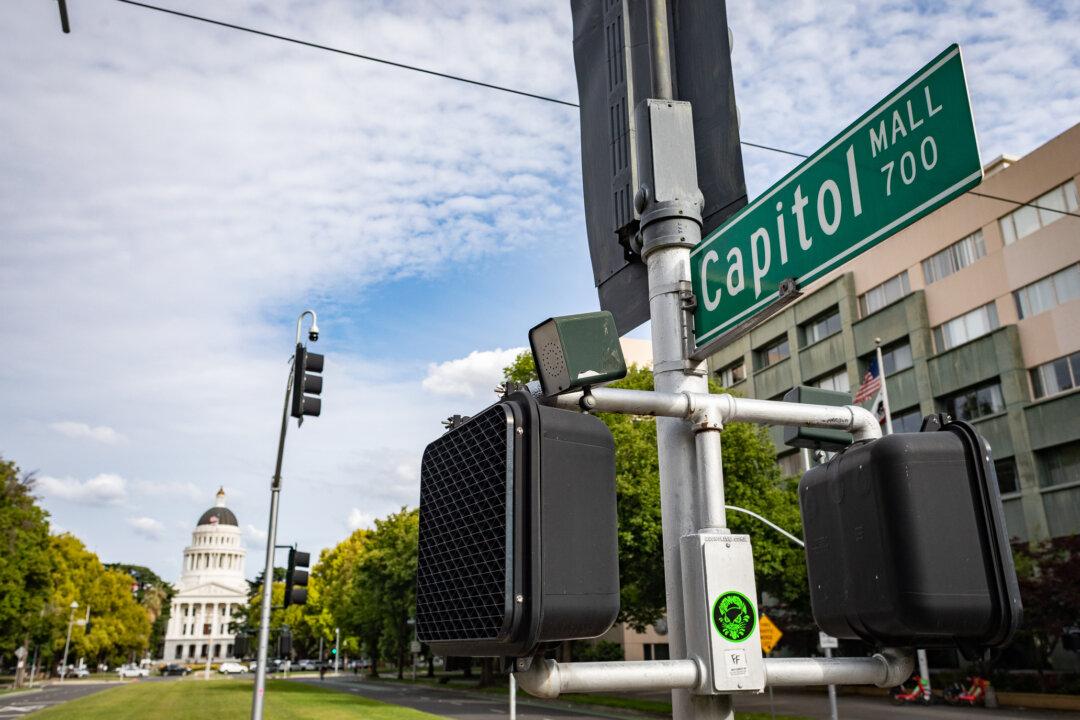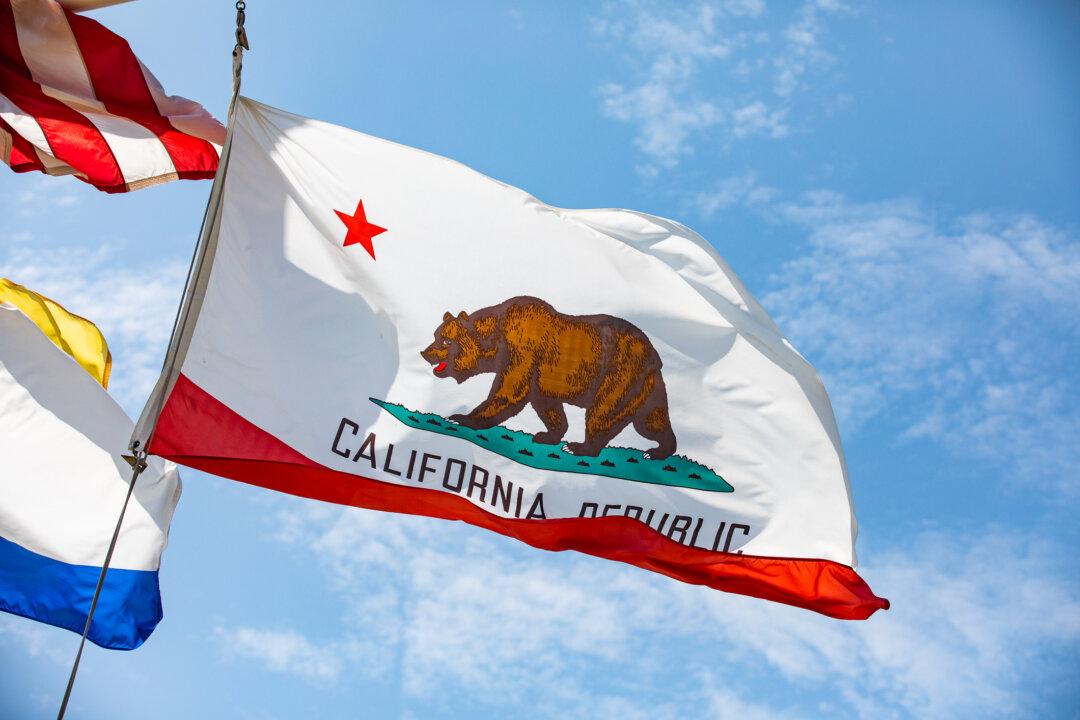California voters will decide in the 2024 election whether to enshrine same-sex marriage in the state’s Constitution, following passage of the proposed amendment in the state Senate in July.
ACA 5—authored by Assemblyman Evan Low (D-Silicon Valley) and state Sen. Scott Wiener (D-San Francisco)—is intended to repeal a 2008 proposition that banned such marriage and, in addition, modify the state Constitution to state that “the right to marry” is a fundamental right for all.





